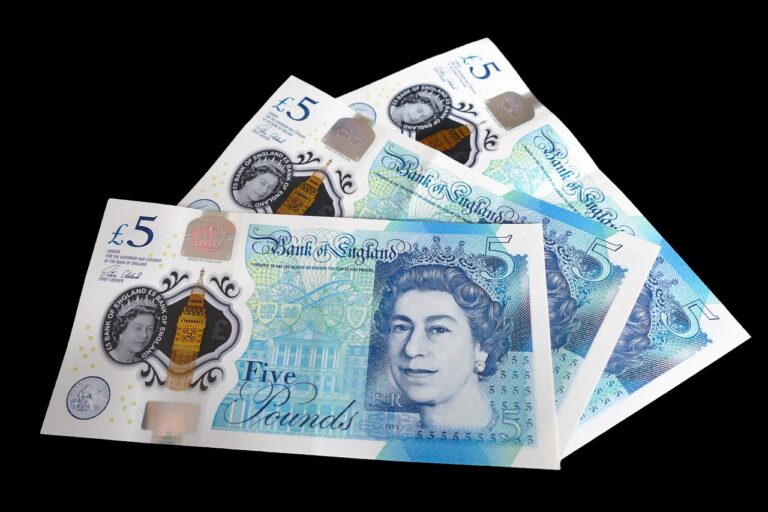The Benefits of Financial Benchmarking: Laser book 247 login registration number, Lotusbook9 com, 11xplay
laser book 247 login registration number, lotusbook9 com, 11xplay: Managing financial records effectively is crucial for individuals and businesses alike. Keeping accurate and organized records can help you track your expenses, monitor your income, and make informed financial decisions. In this blog post, we will discuss some tips and best practices for managing your financial records effectively.
Organizing Your Financial Records
The first step in managing your financial records effectively is to organize them properly. Create a filing system that works for you, whether it’s physical folders or digital folders on your computer. Make sure to label each folder clearly so you can easily find the documents you need when you need them.
Tracking Your Expenses
Tracking your expenses is essential for managing your finances effectively. Keep all your receipts and invoices organized and up to date. You can use a spreadsheet or accounting software to track your expenses. Be sure to categorize your expenses, such as utilities, rent, groceries, and entertainment, to get a clear picture of where your money is going.
Monitoring Your Income
In addition to tracking your expenses, it’s essential to monitor your income regularly. Keep track of all sources of income, including salary, freelance work, rental income, and any other sources. Compare your income to your expenses to ensure you are living within your means.
Setting a Budget
Creating a budget is a fundamental aspect of managing your financial records effectively. A budget can help you plan your spending, set financial goals, and track your progress over time. Include both fixed expenses, such as rent and utilities, and variable expenses, such as dining out and entertainment, in your budget.
Reconciling Accounts
Reconciling your bank accounts and credit card statements is a crucial part of managing your financial records. Make sure to review your statements regularly to identify any discrepancies or unauthorized charges. Reconciling your accounts can help you catch errors and prevent fraud.
Preparing for Taxes
When it comes to managing your financial records, tax preparation is a critical aspect. Keep all your tax-related documents, such as W-2s, 1099s, and receipts for deductible expenses, organized and accessible. Start preparing for taxes early in the year to avoid any last-minute stress.
Saving for the Future
Managing your financial records effectively also means planning for the future. Set aside money for emergencies, retirement, and other long-term goals. Consider opening a savings account or investment account to help you reach your financial goals.
Reviewing Your Financial Records
Regularly reviewing your financial records is essential for staying on track with your finances. Set aside time each month to review your financial statements, update your budget, and assess your progress towards your goals. Use this time to identify areas for improvement and make any necessary adjustments.
Protecting Your Financial Records
Protecting your financial records is crucial for safeguarding your personal and sensitive information. Keep physical documents in a secure location, such as a locked file cabinet, and use strong passwords to protect your digital records. Consider using encryption and two-factor authentication for an added layer of security.
Seeking Professional Help
If managing your financial records feels overwhelming, don’t hesitate to seek professional help. Consider hiring an accountant or financial advisor to assist you with your finances. They can provide expert guidance and support to help you manage your financial records effectively.
Conclusion
Managing your financial records effectively is essential for maintaining financial stability and achieving your financial goals. By following the tips and best practices mentioned in this blog post, you can stay organized, track your expenses, and make informed financial decisions. Remember to regularly review your financial records, protect your personal information, and seek professional help when needed. With proper planning and organization, you can take control of your finances and secure a prosperous financial future.
FAQs
1. How often should I review my financial records?
It’s a good idea to review your financial records at least once a month to stay on top of your finances. However, you may want to review them more frequently if you have a complex financial situation or if you are working towards specific financial goals.
2. What is the best way to organize my financial records?
The best way to organize your financial records is to find a system that works for you. Whether you prefer physical folders or digital folders, make sure to label each folder clearly and keep all your documents organized and easily accessible.
3. Should I hire a professional to help me manage my financial records?
If managing your financial records feels overwhelming or if you have a complex financial situation, hiring a professional, such as an accountant or financial advisor, can be beneficial. They can provide expert guidance and support to help you manage your finances effectively.







